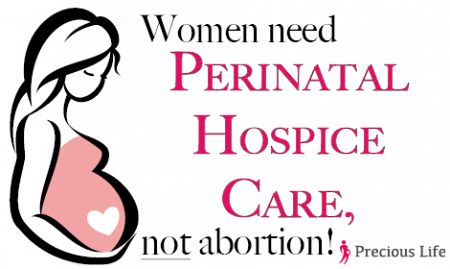Irish Government’s Offer to Pay €30,000 Compensation to Amanda Mellet is “Utterly Outrageous”
On Wednesday 1st December 2016, it was announced that the Irish Government had offered to pay Amanda Mellet, a mother whose unborn baby was diagnosed with a life-limiting condition called Edward’s syndrome and who decided to travel to England to abort her unborn baby, an ex gratia sum of €30,000 in compensation.
The award of compensation follows the conclusions made by the UN Human Rights Committee which received a complaint from Mrs Mellet who argued that her human rights were violated because she was not able to abort her unborn baby in the Republic of Ireland due to its laws on abortion. Mrs Mellet had the abortion in Liverpool in 2011. Her unborn baby was 21 weeks’ old. At such a late stage in the pregnancy, one of two abortion techniques are used in countries where abortion is permitted: inject the unborn baby’s heart with a poison to stop the baby’s heart beat and to ensure the baby would be “delivered” dead, or to tear the unborn baby apart piece by piece.
The Committee issued its findings in June 2016. It concluded that the State subjected Mrs Mellet to “discrimination and cruel, inhuman or degrading treatment” because she was unable to receive the above ‘treatment’ in a hospital in the country in which she lives. The Committee recommended that the Irish Government “offer her compensation, counselling and also change its laws to allow for abortion” when an unborn baby has been diagnosed with a life-limiting disability.
Bernadette Smyth commented on the Irish Government’s decision to offer to pay compensation to Mrs Mellet:
“To be clear, the United Nations Human Rights Committee has no binding authority on State parties. The role of this Committee is to examine reports on how particular rights are being implemented by State parties and to address its ‘concerns and recommendations’ to the State party. State parties are under no obligation to implement these ‘recommendations’. Yes, an individual can submit a complaint of ‘rights violations’ to the Committee. After considering the complaint, the Committee sends to the State party its comments and recommendations. But that is all this Committee can do: make recommendations. Its comments and recommendations are not enforceable domestically.
“The United Nations cannot force Ireland or any country to change its laws to permit the killing of its unborn children. Rightly so, the Irish Government is not giving the United Nations a commitment to change its abortion laws. But it is utterly outrageous that the Minister for Health Simon Harris apologised to Mrs Mellet and that the Government accepted this Committee’s ridiculous and deplorable recommendation to offer her compensation because she was unable to abort her unborn baby at home.
“The authentic cruel and inhumane treatment was the destruction of her unborn child. To inflict pain and instruments of torture on a little defenceless unborn child is cruel and inhumane.
“The injustice is not that a woman travels to England or elsewhere to abort her disabled baby. Rather, the injustice is that she is coerced into believing that being responsible for the death of her sick baby is best for her and her baby. The Minister for Health needs to apologise to women in the Republic of Ireland who are being given horrifying misinformation about their baby’s condition and abandoned to fear the worst. The Department of Health needs to do more to ensure that parents are receiving the right kind of care and support which is found in perinatal hospice care.”
Amanda Mellet started the advocacy group Termination for Medical Reasons Ireland which calls for the legalisation of abortion of unborn babies with life-limiting disabilities. This group has also joined in the campaign for the repeal of the 8th amendment to the Irish Constitution. If the 8th amendment is repealed, unborn babies would be stripped on any protection in the Republic of Ireland. This campaign is calling for abortion on demand.


